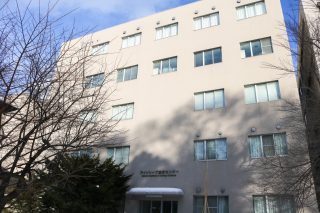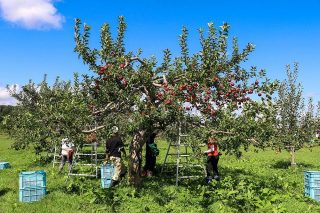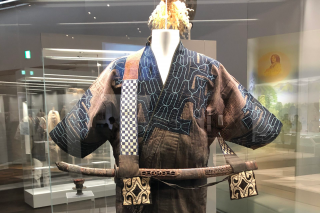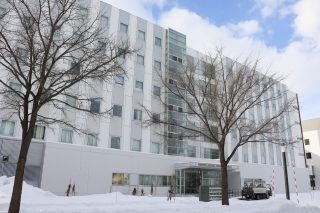Central Institute of Isotope Science
Provides facilities for educational training and research on radioisotope use, supervises their use in the university, and conducts research and development on isotope science.
Research Center for Integrated Quantum Electronics
Promotes research on the advanced devices and systems based on the science and technology on novel electronic materials and nanoelectronics towards energy production and energy saving electronics in information society for the next generation. Encourages the transfer of innovative technologies in electronics to industry through R&D collaborations.
Field Science Center for Northern Biosphere (FSC)
Conducts comprehensive research on the Northern Biosphere based on field science, and provides educational and research support.
Center for Advanced Tourism Studies
Conducts comprehensive, practical and advanced education and research on tourism through collaborations with various actors including governments, international organizations, universities, institutions, and the private sector.
Center for Ainu and Indigenous Studies
Cooperates with the Ainu and other Indigenous communities to promote interdisciplinary research and education for Indigenous peoples, and builds a network with similar institutions around the world and with indigenous organizations.
Center for Experimental Research in Social Sciences (CERSS)
Advances experimental studies in the social sciences, develops and promotes young social scientists, and engages in research activities internationally.
Center for Environmental and Health Sciences
Conducts large-scale epidemiological research projects on environmental and health sciences, the results of which are presented nationally and internationally. Educates individuals who develop research in the field and promotes closer links between domestic and foreign research groups and organizations. Designated as a WHO Collaborating Centre for Environmental Health and Prevention of Chemical Hazards.
Arctic Research Center
Promotes trans-disciplinary approaches to the sustainable development and utilization of the Arctic, and conducts integrated studies on solutions to problems through collaborations between different fields, including the natural, social and practical sciences.
Center for Natural Hazards Research
Facilitates inter-departmental research on various hazard types and offers relevant education programs, aiming to help build a resilient society.
One Health Research Center (OHRC)
Based on the One Health concept that the health of humans and animals and the integrity of environment are intimately interconnected, we set four pillars of research areas, infectious diseases, conservation medicine, zoobiquity, and human-animal bond, and promote interdisciplinary education and research in order to pass on a healthy living environments to the next generations and contribute to solving problems in local to global communities.






